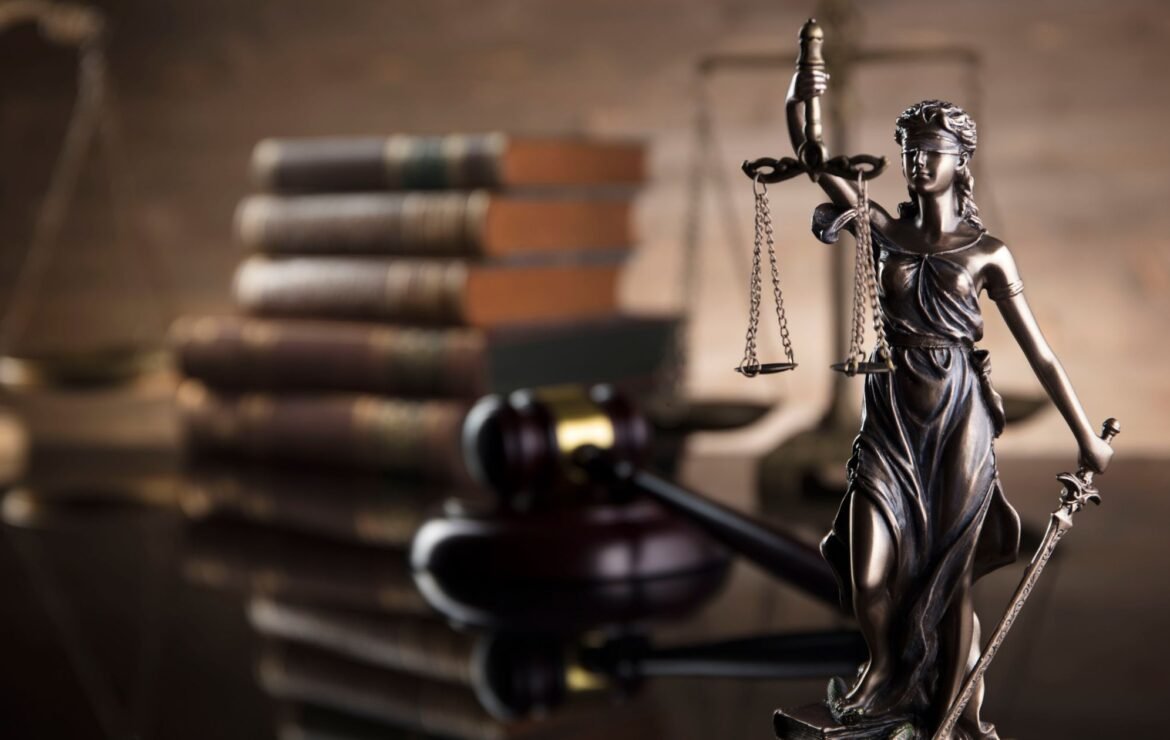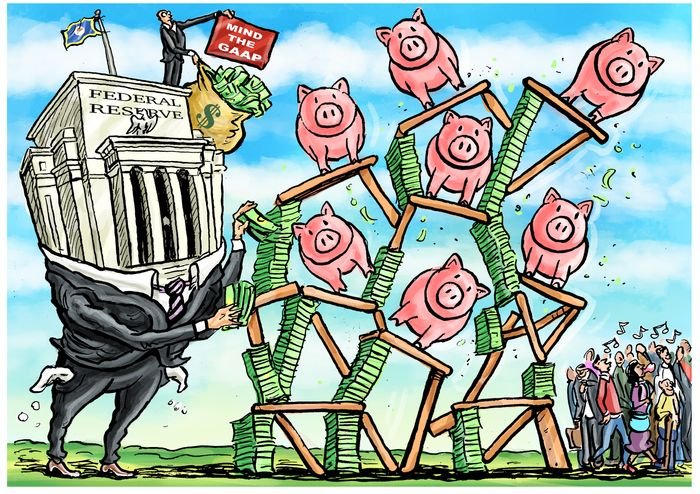Understanding the C.W. Park USC Lawsuit: A Comprehensive Overview

Introduction to the C.W. Park USC Lawsuit
The C.W. Park USC Lawsuit has garnered significant attention and sparked intense debate within both the academic and legal communities. This comprehensive overview aims to provide a clear understanding of the background, parties involved, allegations and claims, timeline of events, key arguments and defenses, implications, public response, and potential outcomes of the lawsuit. By delving into the details of this case, we can gain valuable insights into the complexities of higher education and the legal challenges it faces.
Background and Context of the Lawsuit
To fully comprehend the C.W. Park USC Lawsuit, it is crucial to understand the context in which it emerged. The University of Southern California (USC) is a renowned institution known for its commitment to academic excellence. However, recent allegations of misconduct and impropriety have tarnished its reputation. The lawsuit, filed by C.W. Park, a former professor at USC, alleges various violations of academic integrity, ethical standards, and employment practices.
Parties Involved in the C.W. Park USC Lawsuit
The C.W. Park USC Lawsuit involves multiple parties with distinct roles and interests. At the center of the lawsuit is C.W. Park, the plaintiff, who claims to have suffered damages as a result of USC’s alleged misconduct. USC itself is the defendant, accused of breaching contractual obligations, engaging in discriminatory practices, and fostering a hostile work environment. Additionally, there are various individuals, such as administrators, faculty members, and students, who may be called upon to testify or provide evidence in support of either party’s arguments.
Allegations and Claims Made in the Lawsuit
The C.W. Park USC Lawsuit encompasses a wide range of allegations and claims that shed light on the alleged misconduct within the university. Some of the key allegations include academic fraud, plagiarism, unethical behavior, discrimination, and retaliation against whistleblowers. These claims, if proven true, could have far-reaching implications not only for USC but also for the wider academic community. The lawsuit seeks to hold USC accountable for its actions and secure compensation for the damages suffered by C.W. Park.
Timeline of Events and Legal Proceedings
Understanding the timeline of events and legal proceedings is essential to gaining a comprehensive perspective on the C.W. Park USC Lawsuit. The lawsuit was initiated on [date], with subsequent stages including the filing of various motions, discovery, pre-trial conferences, and the eventual trial. The legal process can be lengthy and complex, with both parties presenting their evidence and arguments in front of a judge and/or jury. It is important to closely follow these developments to assess the potential impact on the outcome of the case.
Key Arguments and Defenses Presented in the Case
Throughout the C.W. Park USC Lawsuit, both the plaintiff and the defendant will present their respective arguments and defenses. C.W. Park’s legal team is expected to highlight instances of alleged misconduct and breach of contractual obligations by USC. They may also emphasize the negative impact these actions had on C.W. Park’s career and well-being. USC, on the other hand, will likely assert that the allegations are unfounded and that their actions were justified within the bounds of the law. The strength of these arguments and defenses will play a significant role in determining the outcome of the lawsuit.
Implications and Potential Outcomes of the Lawsuit
The C.W. Park USC Lawsuit has far-reaching implications for both USC and the wider academic community. If the allegations are proven true, it could lead to significant changes in the way universities handle issues of academic integrity, ethical conduct, and employee rights. The potential outcomes of the lawsuit include financial compensation for C.W. Park, disciplinary actions against USC, and the establishment of new precedents that may impact future legal cases in the academic sphere. The verdict will undoubtedly shape the landscape of higher education and influence institutional practices moving forward.
Public Response and Controversy Surrounding the C.W. Park USC Lawsuit
The C.W. Park USC Lawsuit has attracted immense public attention and sparked controversy among various stakeholders. Supporters of C.W. Park argue that the lawsuit sheds light on systemic issues within academia and serves as a catalyst for positive change. Critics, on the other hand, question the credibility of the allegations and express concerns about the potential reputational damage inflicted upon USC. This public response highlights the wider debate surrounding academic integrity, the treatment of employees, and the responsibility of institutions to uphold ethical standards.
Similar Cases and Precedents That May Impact the Outcome
Examining similar cases and legal precedents is essential to understanding the potential impact on the outcome of the C.W. Park USC Lawsuit. There have been previous lawsuits involving allegations of academic misconduct, discrimination, and retaliation within the higher education sector. These cases provide valuable insights into the legal strategies employed, the challenges faced by plaintiffs, and the approaches taken by institutions in their defense. Understanding these precedents can help to contextualize the current lawsuit and predict potential outcomes.
Conclusion and Final Thoughts on the C.W. Park USC Lawsuit
In concluding this comprehensive overview, it is important to acknowledge the significance of the C.W. Park USC Lawsuit and its potential ramifications. This lawsuit not only highlights the importance of upholding academic integrity and ethical standards but also raises broader questions about the treatment of employees within higher education institutions. As the legal proceedings unfold, the truth must be uncovered, justice be served, and steps be taken to prevent similar incidents in the future. The outcome of this lawsuit will undoubtedly shape the future of USC and have a lasting impact on universities worldwide.



